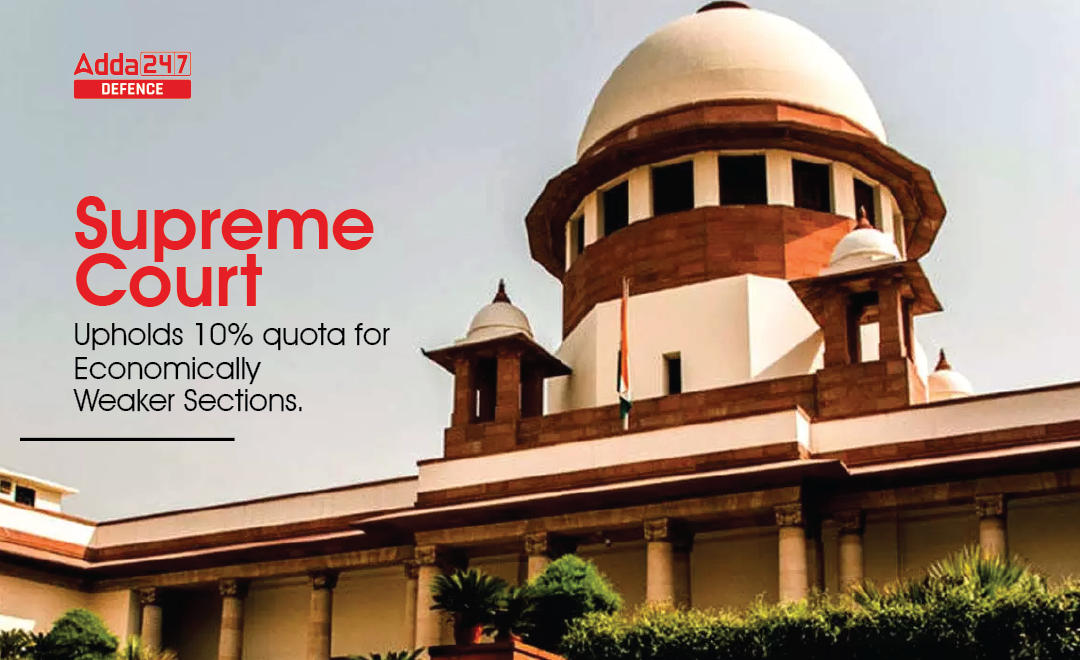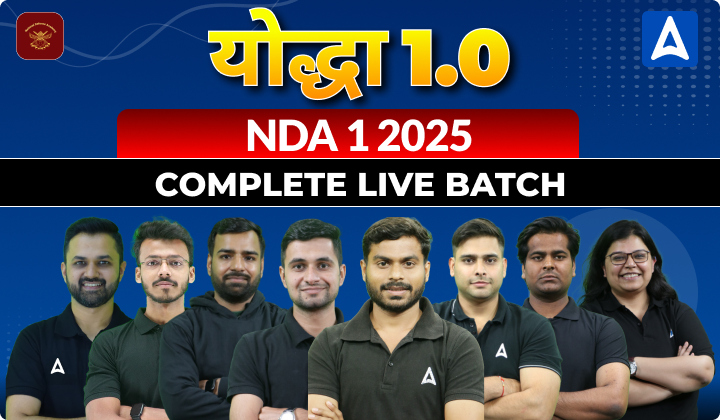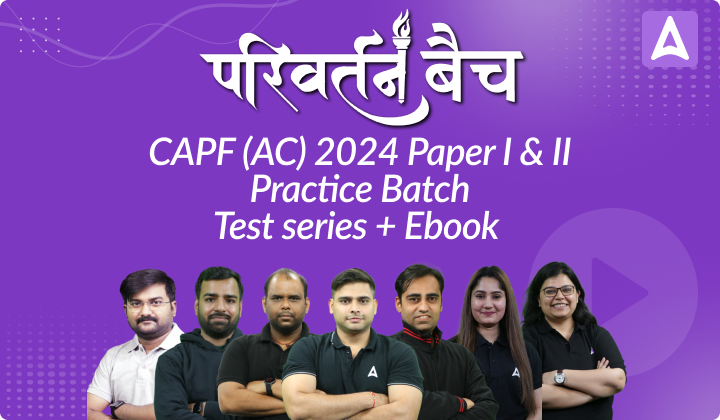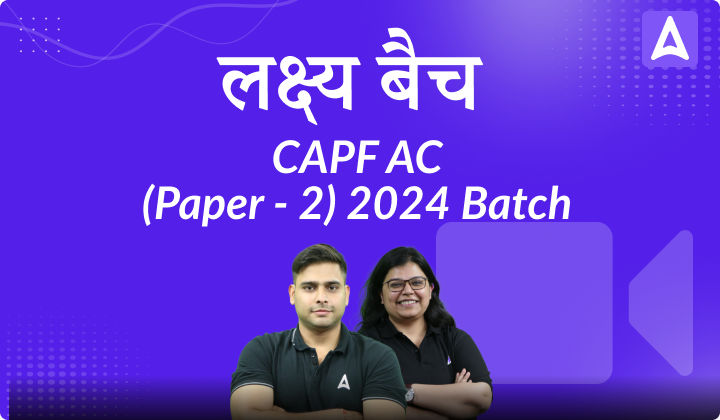EWS Reservation
The Supreme Court on 07th of November, 2022 upheld the constitutional validity of the 103rd Constitution amendment for granting 10 per cent reservation to Economically Weaker Sections (EWS) from unreserved categories in central educational institutions and government jobs. This quota was introduced just before the 2019 general elections. After the amendment was notified by the President, a batch of petitions were filed in the Supreme Court challenging the constitutional validity of the economic reservation.
EWS Reservation 2022
The quota law has been upheld by the court in a 3-2 verdict which means three out of five judges delivered verdicts in favour of the EWS quota, saying it did not violate the law. “The EWS quota law doesn’t violate basic structure or equality code for taking into account economic criterion,” Justice Dinesh Maheshwari said as the top court upheld the law. “It doesn’t also cause damage to any essential feature by exceeding 50 per cent ceiling for quota since the ceiling is itself flexible,” he further added.
Justice Bela M Trivedi also affirmed the law. The five-judge SC bench headed by the Chief Justice delivered this major verdict just a day before Chief Justice India Uday Umesh Lalit retires. The question was on the validity of the 103rd Constitution Amendment providing for 10 per cent reservation for the economically weaker sections.
Articles 15(6) and 16(6) were also introduced in the Constitution with the 103rd Amendment Act providing 10 percent reservation in jobs and admissions to EWS, who were to be persons other than SC, ST and OBC and whose annual family income was below ₹8 lakh.
Justice S Ravindra Bhat was among the judges to dissent, calling the law “discriminatory and violative of basic structure”.
Whether the 103rd Constitution Amendment can be said to breach the basic structure of the Constitution by permitting the State to make special provisions, including reservation, based on economic criteria, or by permitting the state to make special provisions in relation to admission to private unaided institutions was among the legal issues included. Among other contentions was that the 103rd Constitution Amendment breaches the 50 per cent ceiling on reservation fixed in the 1992 Indra Sawhney, more commonly known as the Mandal Commission case. The nine-judge bench in the Indra Sawhney case had ruled that “reservation should not exceed 50 per cent, barring certain extraordinary situations.”




 IND–INDO CORPAT Exercise 2024
IND–INDO CORPAT Exercise 2024
 Major Dhyan Chand Khel Ratna Award Winne...
Major Dhyan Chand Khel Ratna Award Winne...
 Armed Forces Flag Day 2023: History and ...
Armed Forces Flag Day 2023: History and ...












